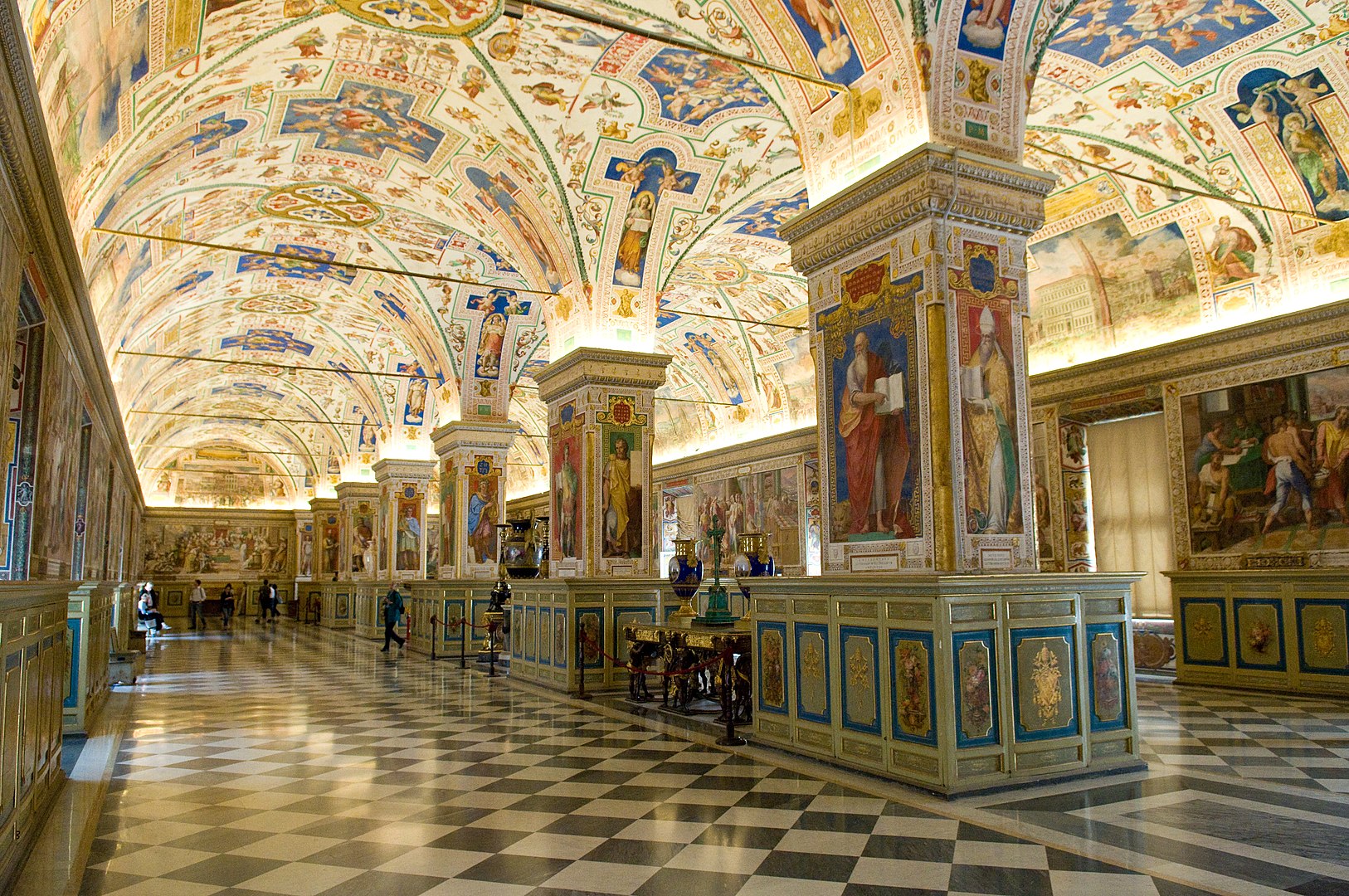
The Vatican Apostolic Library has opened a dedicated prayer room for Muslim researchers, offering a quiet space for daily worship inside one of the world’s oldest and most respected centers of knowledge.
The decision came after several visiting Muslim scholars asked for a peaceful area to carry out their daily prayers. In response, library officials prepared a room with a prayer rug to accommodate their needs.
Giacomo Cardinali, the library’s vice prefect, confirmed the move and described the request as simple and appropriate. Speaking to Italian newspaper La Repubblica, he explained that the library serves researchers from all over the world, and this gesture aligns with its mission to support learning without boundaries.
This change reflects a broader effort by the Vatican Library to welcome scholars of all backgrounds and faiths, further opening its doors to a global academic community.
The Vatican library opens prayer room for Muslim
The Vatican Library was established in 1451 by Pope Nicholas V and has long been seen as a key center for historical and religious studies. Though it is known as the Catholic Church’s intellectual hub, the collection goes far beyond Christian texts.
The library also preserves ancient Islamic manuscripts, including copies of the Quran, along with Hebrew, Ethiopian, Arabic, and Chinese writings. These rare documents highlight the library’s role in protecting global heritage.
Among its most treasured pieces is a medieval Japanese archive—believed to be the oldest of its kind outside of Japan. The documents were saved in the 1920s by Mario Marega, a Catholic missionary who noticed children playing with paper made from old manuscripts. He rescued the papers from a decaying castle, years before the area was affected by wartime bombings.
Cardinali said the collection’s diversity proves the library was built on the idea of shared human knowledge, not just religious doctrine.
Past treasures and future technologies
Today, the Vatican Library houses nearly 80,000 manuscripts, 50,000 archived documents, about two million printed books, and more than 100,000 prints, engravings, coins, and medals. Its rare holdings continue to attract researchers from across the globe.
One recent highlight includes the discovery of a rare version of Ethics by philosopher Baruch Spinoza, showing the library’s ongoing importance in academic study.
As the institution builds its digital catalog, access has expanded far beyond its physical walls. Cardinali noted that this openness sometimes leads to unusual requests—some researchers, especially from the United States, have asked about time travel, ancient relics, or even mythical objects.
While modern tools like artificial intelligence now assist with some tasks, Cardinali remains cautious. He believes AI can help organize the collection but says it lacks the depth needed to understand complex historical contexts or identify forgeries. For now, the work still relies heavily on trained human researchers.
See all the latest news from Colombia and the world at ColombiaOne.com. Contact our newsroom to report an update or send your story, photos and videos. Follow Colombia One on Google News, Facebook, Instagram, TikTok and subscribe here to our newsletter.


